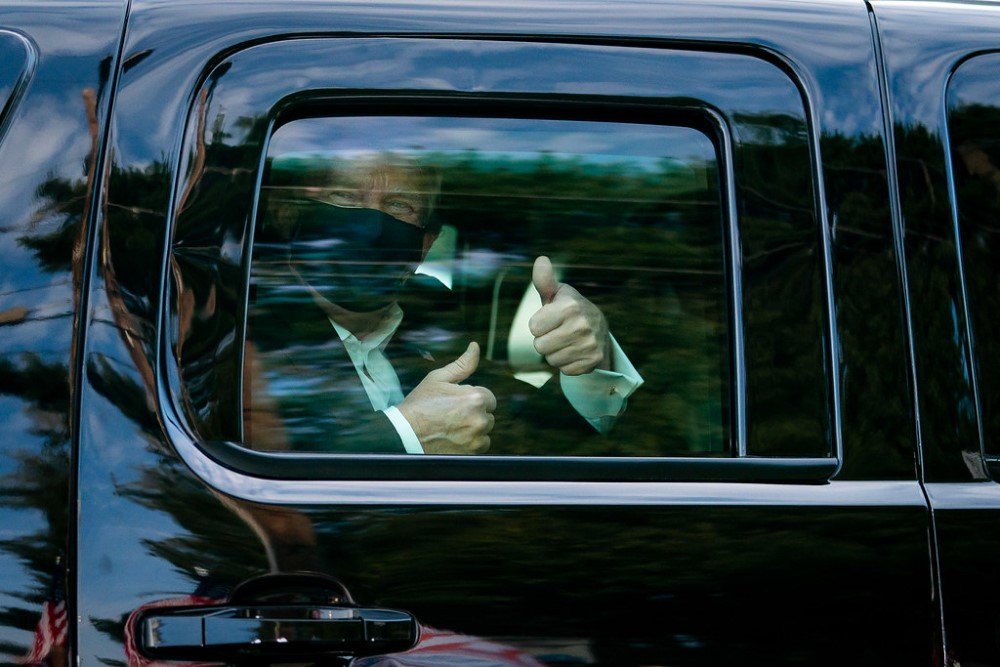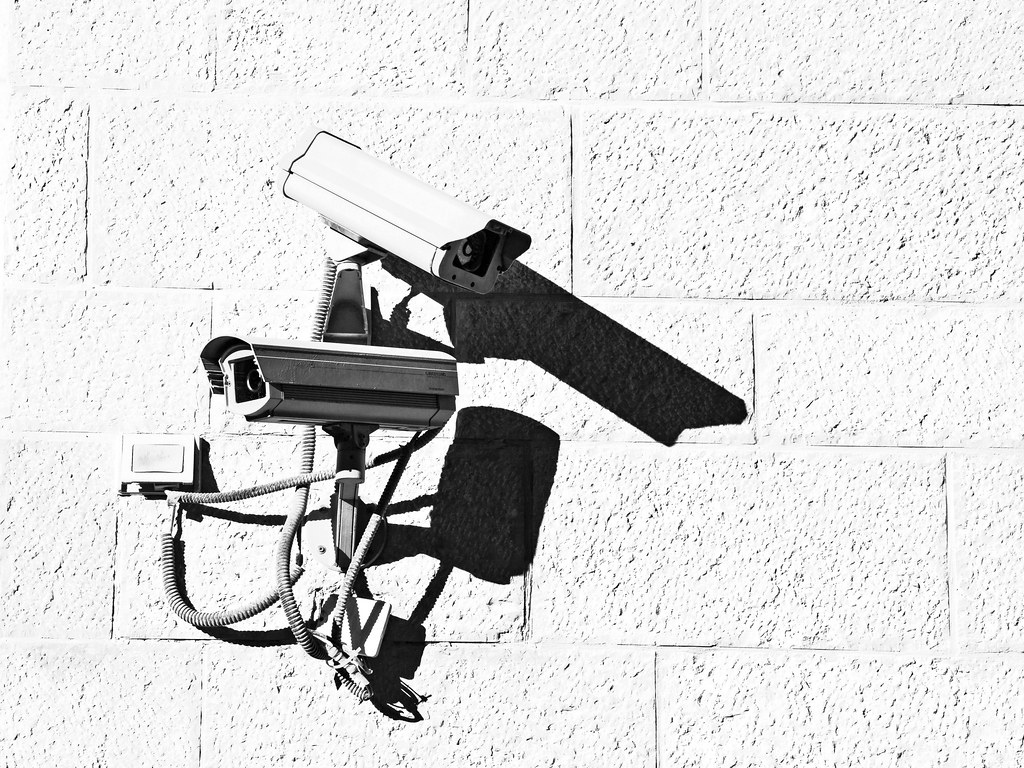The topic of UFOs recently made headlines, as a purported whistleblower claims the United States government is secretly in possession of alien spacecraft. This proclamation comes in the midst of increased national attention to the prospect of UFOs in recent years. Of course, the general American public is far from having any definitive evidence of the existence of such things as UFOs or intelligent life from other galaxies, but if such evidence exists, we might wonder if the government has a moral obligation to disclose it.
It seems there are at least two distinct questions to unpack here: Under what conditions (if any) can the government permissibly keep a secret from citizens? Under what conditions (if any) can the government permissibly lie to citizens? Let’s start with the former. Of course, there is a strong precedent of the government refusing to disclose certain kinds of information to the public. For instance, most agree that certain information pertaining to military operations and national security should be held in secret due to the risks involved with leaking such intel. But the ethics surrounding state secrecy get murkier once we start talking about matters pertaining to citizens’ privacy or risks that would potentially change their day-to-day behavior. There also are clearly issues where the American public is justified in demanding full transparency from government officials, including the procedures behind elections, the allocation of tax payer money, etc.
The relevant question thus becomes into which of these categories does evidence of UFOs or extraterrestrial life most plausibly fit. It must be determined if releasing this evidence to the general public poses sufficiently harmful threats, so as to justify state secrecy. One potential concern is that releasing significant evidence of UFOs or extraterrestrial life would constitute such a paradigm shifting event, it is extremely difficult to predict how the public would react. We have strong historical reason to be skeptical that the population will respond in a fully peaceful or rational manner. If we consider all of the social upheaval and violence that came along with the paradigm shifting events of the Scientific Revolution, the Enlightenment, and the Protestant Reformation, we can safely conclude that rapid influxes of knowledge that fundamentally transform society are not always well-received. Of course, such a rationale does not provide conclusive reason for the state to keep secrets, but societal peace and stability are certainly factors when it comes to making complex ethical judgments at the governmental level.
Other reasons why the state might have an interest in keeping UFOs or evidence of extraterrestrial life a secret pertains to national security and military strategy. If, as some have claimed, the government possesses partial or even fully intact alien technology, the state is likely scrambling to understand the engineering behind such objects. This knowledge would be helpful when it comes to building superior military technology, making it clear why governmental authorities would not want to share this advantage with other nations. Similarly, the government surely does not want knowledge of how to build more effective weapons falling into the wrong hands. While there is a clear national advantage to possessing the best, most sophisticated technology, there is also a clear national disadvantage if that technology is adopted by one’s political enemy. Thus, for reasons of both public safety and military strategy, the state might possess compelling reasons to conceal evidence of life and technology from other galaxies.
So we’ve established there may be sufficiently strong reasons to justify government secrecy in the case of UFOs and extraterrestrial life, but we have yet to discuss the permissibility of state-endorsed lies. Lying is thought to be more difficult to morally justify than merely withholding the truth. Furthermore, lying also greatly diminishes institutional trust, causing lasting damage beyond the initial moral damage involved in the telling of the lie. Thus, it is probably safe to conclude that if ever it is permissible for the government to lie to citizens, such instances are somewhat scarce. They might include severe threats to the public that would cause mass panic, violence, or social unrest, especially if it is likely these threats can be resolved in a way that avoids these negative outcomes. The thought here is that lying is justified because it is necessary to promote the greater good.
However, even if we grant the state’s good intentions, some might remain dubious that the government is ever morally permitted to spin lies to its own citizens. The moral and pragmatic costs of lying are simply too high to be justified, particularly at the state-level. A philosophically interesting test case for this can be found in the domain of healthcare ethics. In a recently published paper, the author argues there are four conditions which must be met in order for public health officials to lie: (1) the risk of harm to the public is substantial, (2) the upside of telling the lie is very high, (3) lying mitigates this risk of harm to the public, (4) and lying is by far the most effective way to mitigate the risk of harm. Insofar as these four conditions are plausible in the public health case, they can perhaps serve as a more general template for judging the permissibility of lying in other domains as well.
Much of the difficulty in judging the moral status of state secrets and lies derives from our collective uncertainty of the actual risks posed to civilization by UFOs or extraterrestrial life. Assuming the existence of such entities, even the people among us who know the most, still know vanishingly little about the extent of intelligent life beyond our planet. Without more information, we can only speculate as to the nature of the risks. Ultimately the government’s decision to either conceal or share evidence with the public needs to be sensitive to a range of public goods, including that of institutional trust, public safety, and political stability, all of which might be threatened by revelations of life vastly more advanced than humanity.



